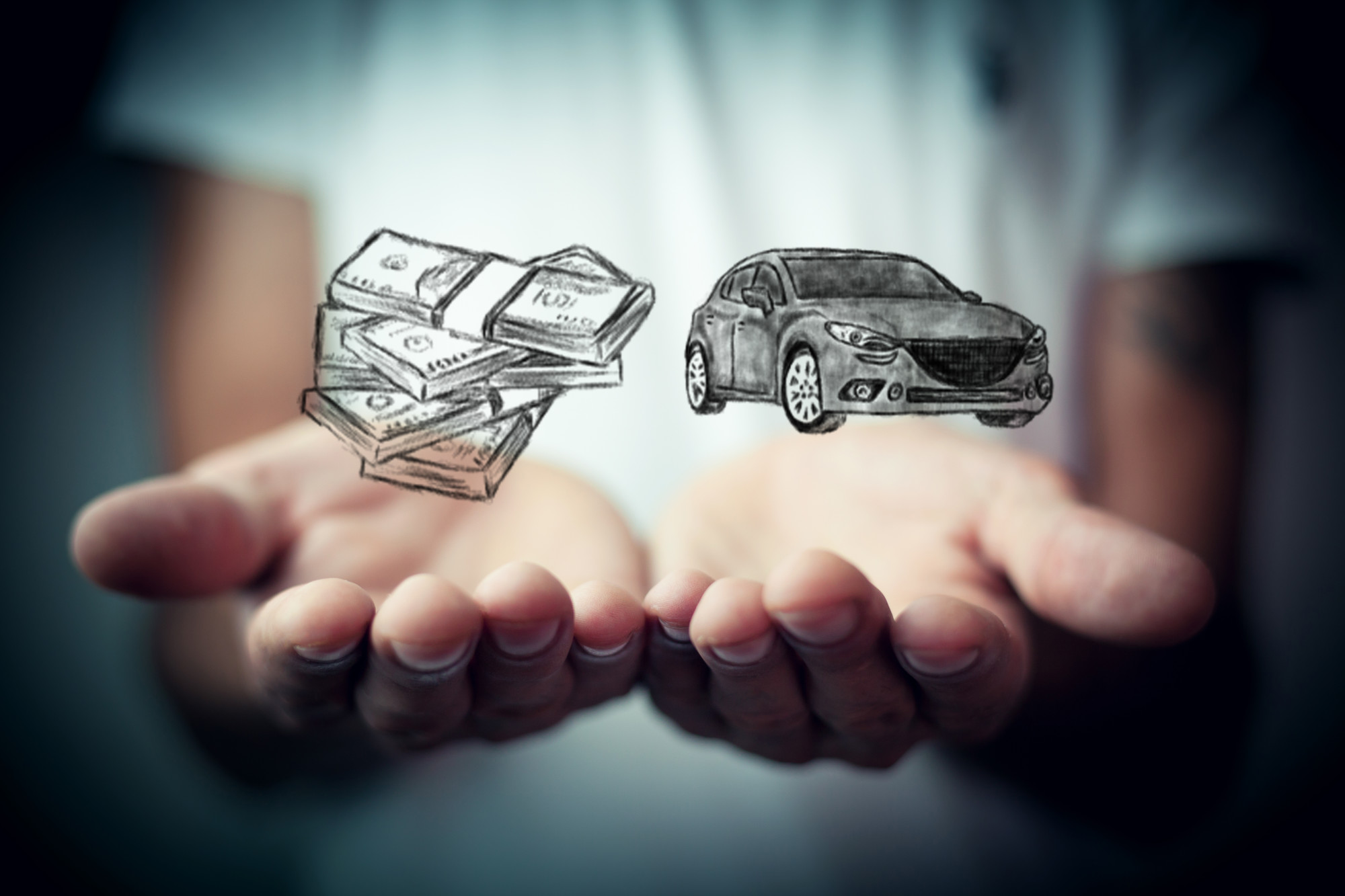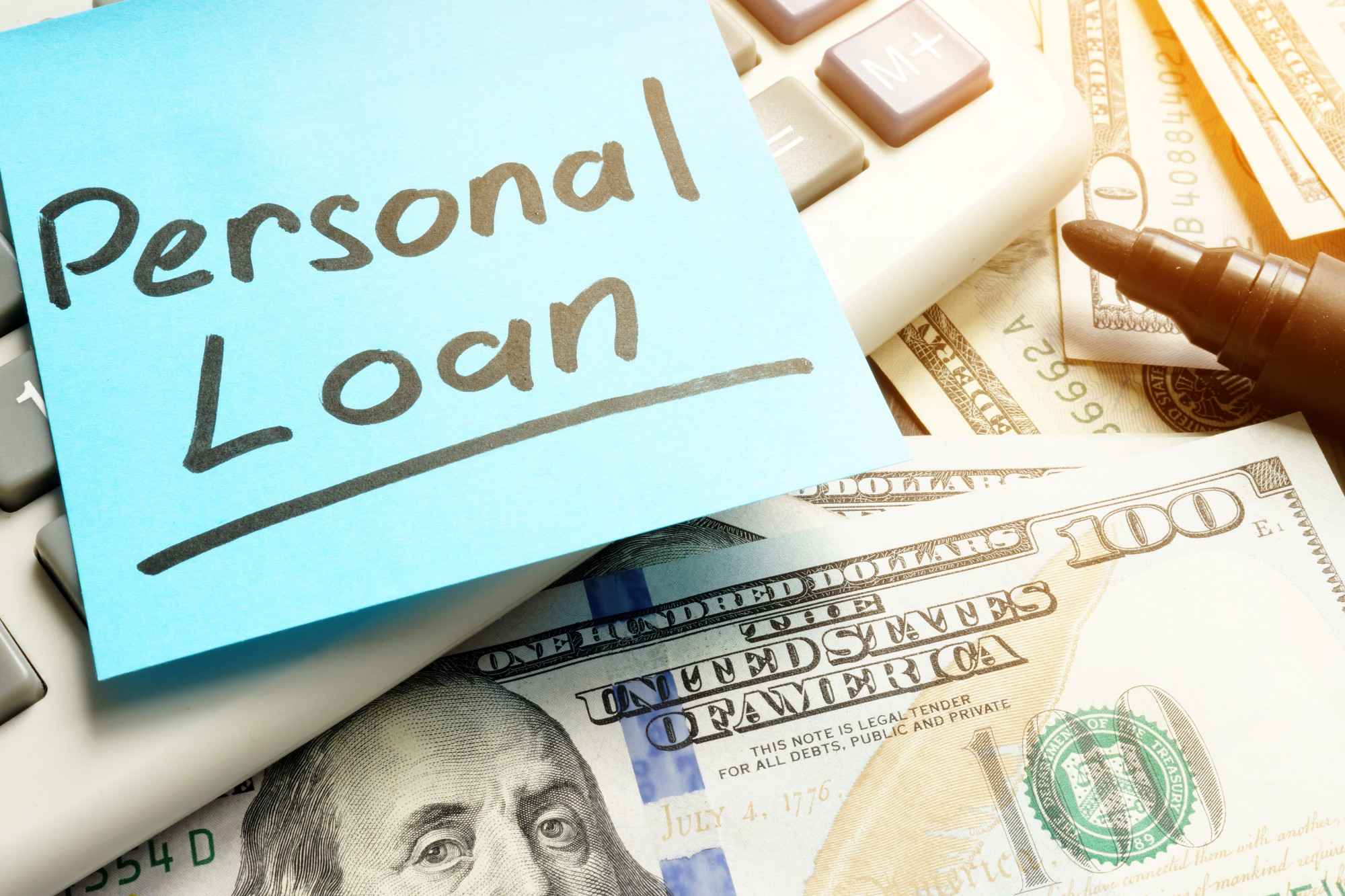An In-Depth Guide on How to Take out a Loan for a Car
An In-Depth Guide on How to Take out a Loan for a Car

Taking out a loan can be beneficial in many ways. We share our in-depth guide on how to take out a loan for a car and the benefits it has.
Did you know that 107 million people have taken out an auto loan to help pay for their car or truck in America?
Purchasing a car can be a costly expenditure. Most people don’t have the cash on hand to pay off the debt of a car immediately, which is where auto loans and personal loans come in handy.
Discover our guide on how to take out a loan for a car and familiarize yourself with the process of buying a car.
What Are the Different Types of Loans Available?
If you have never dealt with loans and credit scores, it can be a very difficult thing to navigate and understand.
There are many different types of loans available. Some of which are great for buying a car, and some that aren’t as good for this type of purchase.
For example, the best types of loans are auto loans, bank loans for a car, or alternatively, you can use a personal loan to buy a car.
Personal loans for car purchases sometimes have costly interest rates, so some people prefer not to use personal loans when they are purchasing their car.
Research has found that car loans are typically cheaper because they are secured by an asset (i.e. the car, which the lender can repossess to cover the costs if you can’t pay your loan).
Federal Reserve found that in May 2018, a 24-month personal loan from a commercial bank had an interest rate of 10.31%, whilst a 48-month new car loan from a commercial bank had an interest rate of 5.05%.
How to Take out a Loan for a Car
Unlike buying a car outright with cash in hand, like you might have done for your very first car, taking out a loan for a car needs to be thought through.
These are the key things you need to do when you want to take out a loan for a car.
Calculate Your Budget
The very first thing you need to do when you want to take out a loan for buying a car is to work out your budget. Calculate how much you can comfortably pay off each month.
According to the Federal Reserve Bank of New York, a record of 7 million Americans are at least three months behind on their car loan payments. It is critical that you work out how much money you have coming in each month, and how much you can pay off.
The best way to work out what you will actually be paying for your car is by calculating how much you will be paying each month and for how many months. This calculation needs to include interest rates, too.
Check Your Credit Score
Whether you want a personal loan for a car or an auto loan for a car, you need to check your credit score and history.
Poor credit history might mean that you pay higher interest rates than if you have a good credit history. If this is the case, you might want to hold off getting a loan and focus on improving your credit score.
If you have a good credit score, you might be able to negotiate a better deal with your loan lender.
Find out how you can secure an auto loan without having previous credit experience or a credit score.
Research Your Options
Once you have an idea of how much you have to spend and what your credit score is, you can research your options. There are a number of loan lenders available, however, not all of them will be right for you.
You can get car loans from banks or credit unions, dealerships, or online lenders. Compare the different types of deals and payment plans each of them offer and work out which one is best for you.
Car loans typically come with 3-, 4-, 5-, or 6-year terms. The longer the payment plan, the more interest you’ll end up paying, so make sure you work out which plan is the most cost effective for you.
Get Pre-Approved for a Loan
Once the lender has given you a quote for the loan, you will be pre-approved, which doesn’t mean that it’s guaranteed. Once you have been pre-approved, you the lender will then check your credit.
Once you are pre-approved for a loan, the lender will give you a letter that you can take when you go car shopping. This letter can help you see if you can get a better deal from the car dealership.
Even though you have been pre-approved, it doesn’t mean that you need to sign up for the loan. It is still your choice whether you pursue this loan or you can choose another one.
You also can adjust the terms of your loan, for example, if you find a cheaper car and don’t need an as bigger loan, you can apply for a smaller loan instead.
Find Your Car
The final step is the most enjoyable one. Once you know how much you can afford each month, and you know what kind of loans you can get, you can go car shopping.
Make sure you do your research and find a car that is the right price and has the right features that you need.
Car Loans
Applying for a car loan doesn’t have to be complicated or confusing. Just follow our guide on how to take out a loan for a car and you’ll soon be driving away with a new vehicle.
Apply for one of our auto loans now and see how we can help you.
Alternatively, if you need help with your loan process, get in touch with our team and discuss your loan requirements.


